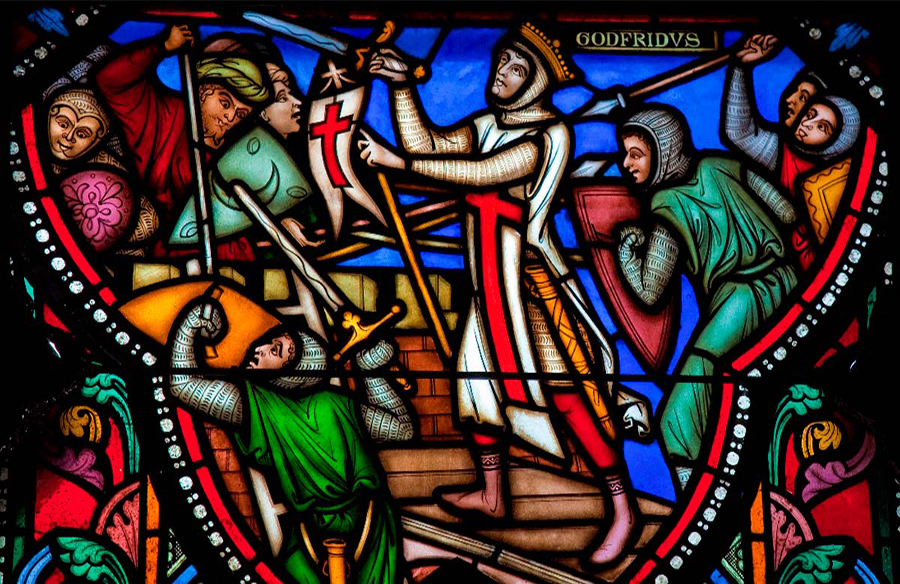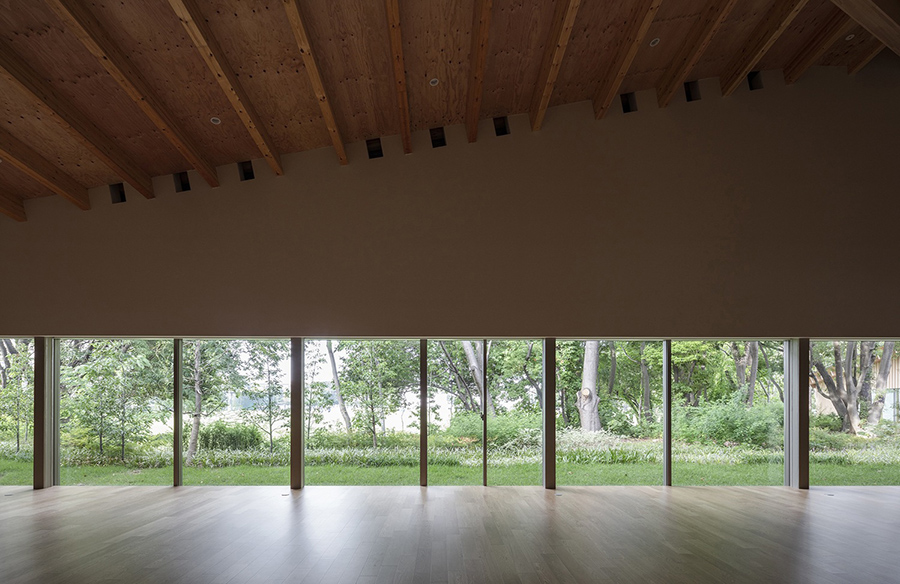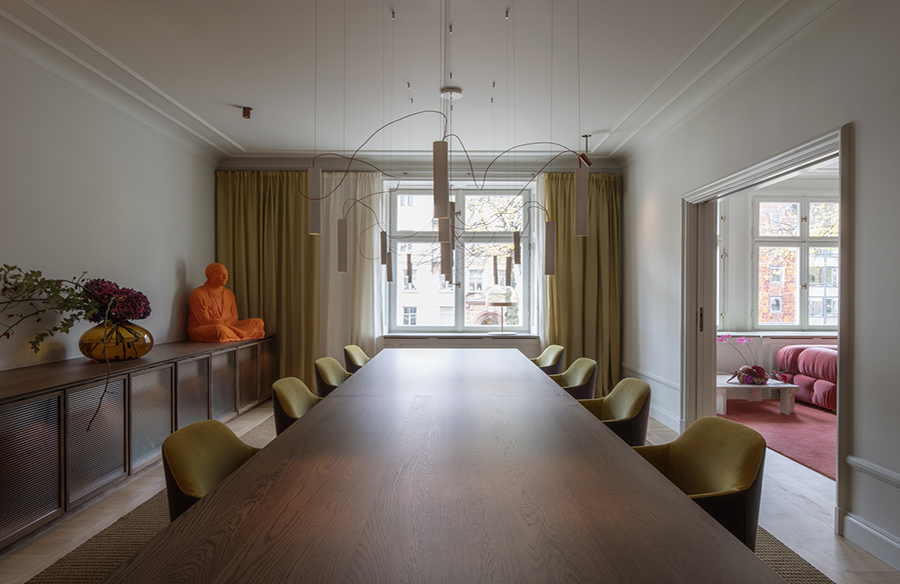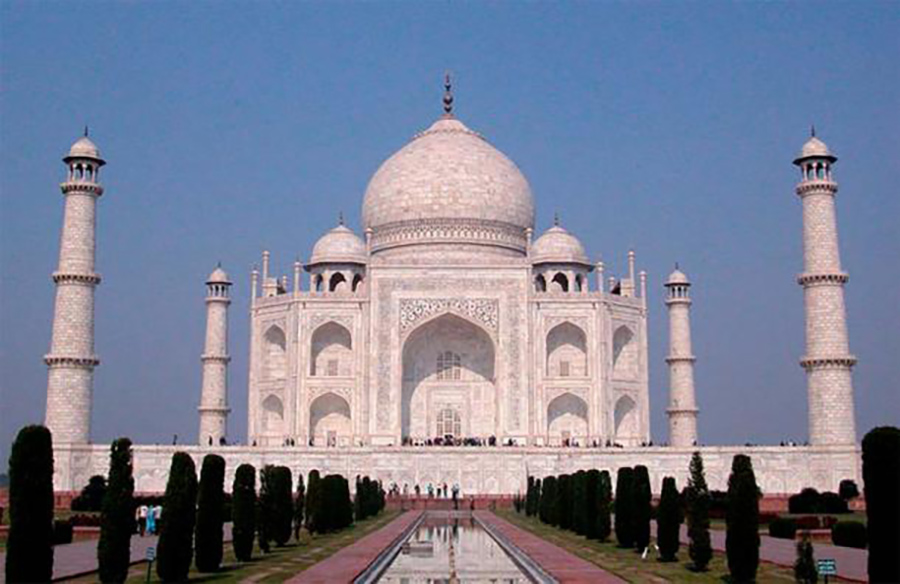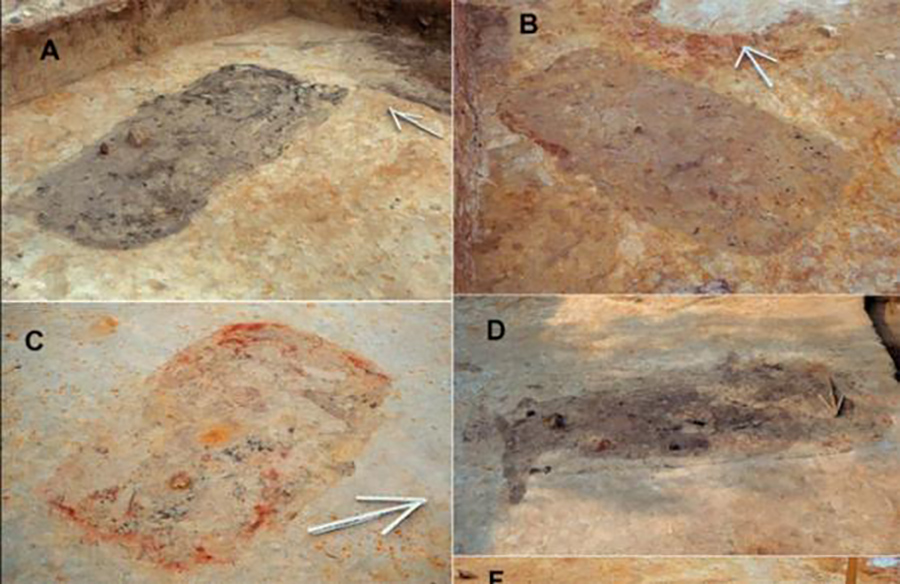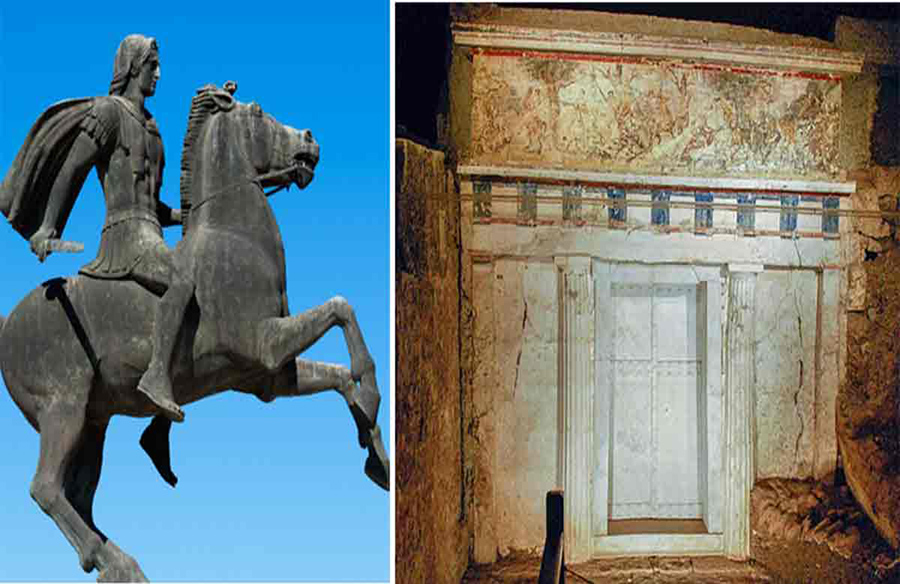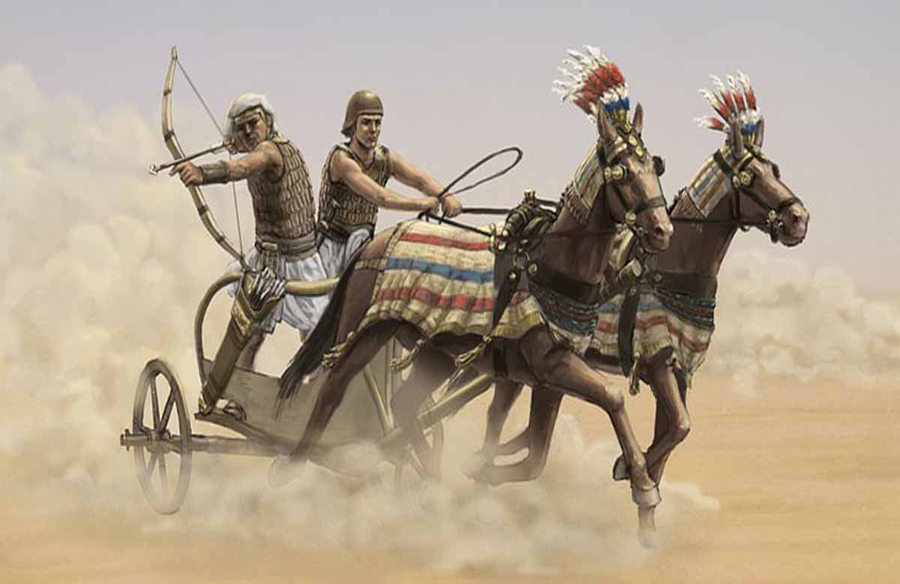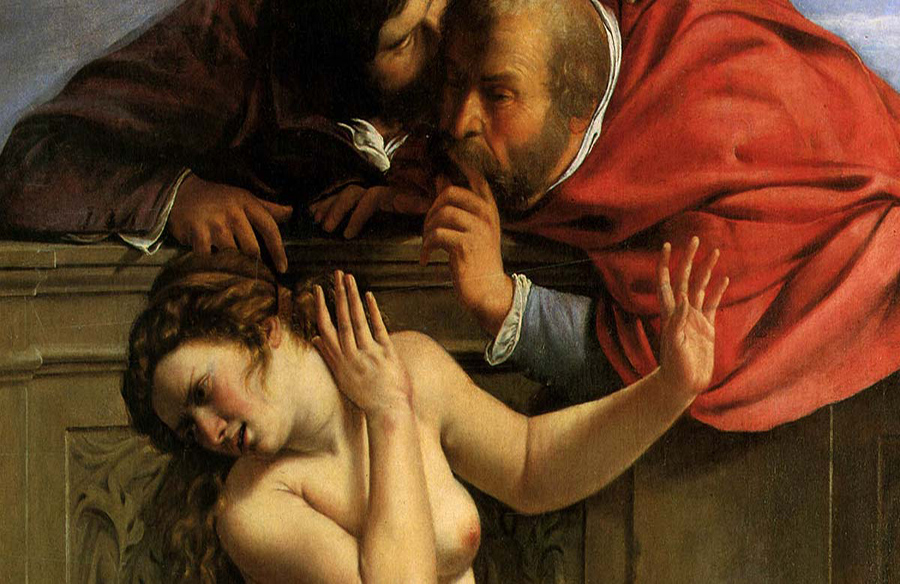The year 1095 witnessed a momentous event as Pope Urban II delivered a stirring address at the Council of Claremont, igniting the flames of the First Crusade. This historic proclamation marked the beginning of a tumultuous chapter in medieval history, characterized by a fusion of religious fervor and martial zeal. Motivated by a potent blend of faith, political ambitions, and territorial aspirations, European knights, including esteemed orders like the Templars and Teutonic Order, embarked on a quest to reclaim the Holy Land from perceived threats.
Challenges Beyond the Battlefield: Internal Strife and Multicultural Encounters
As the crusaders journeyed towards Palestine, they encountered challenges beyond mere military confrontations. Internal conflicts, power struggles, and the complexities of governing a multicultural society awaited them in the territories they sought to conquer. Amidst the clash of swords, alliances shifted, and political intrigue unfolded, shaping the course of the crusades and their aftermath.
The Conquest of Jerusalem: Triumph and Tragedy
In 1099, the crusaders achieved their ultimate goal with the conquest of Jerusalem. However, this triumph was tarnished by a harrowing massacre fueled by bloodlust and religious fervor. The brutal aftermath of the siege cast a shadow over the crusaders’ victory, underscoring the complexities of waging war in the name of a faith purportedly preaching love and peace.
The Continuing Saga: Subsequent Crusades and Their Legacy
Subsequent crusades unfolded against a backdrop of shifting alliances, power struggles, and conflicts between Christian factions. The First Crusade, with its blend of religious zeal and military aggression, epitomized an era where the medieval world grappled with the paradox of violence in the name of religion. The legacy of these holy wars reverberates through the annals of history, leaving an indelible mark on the intricate tapestry of medieval Europe and the broader narrative of religious conflict.
